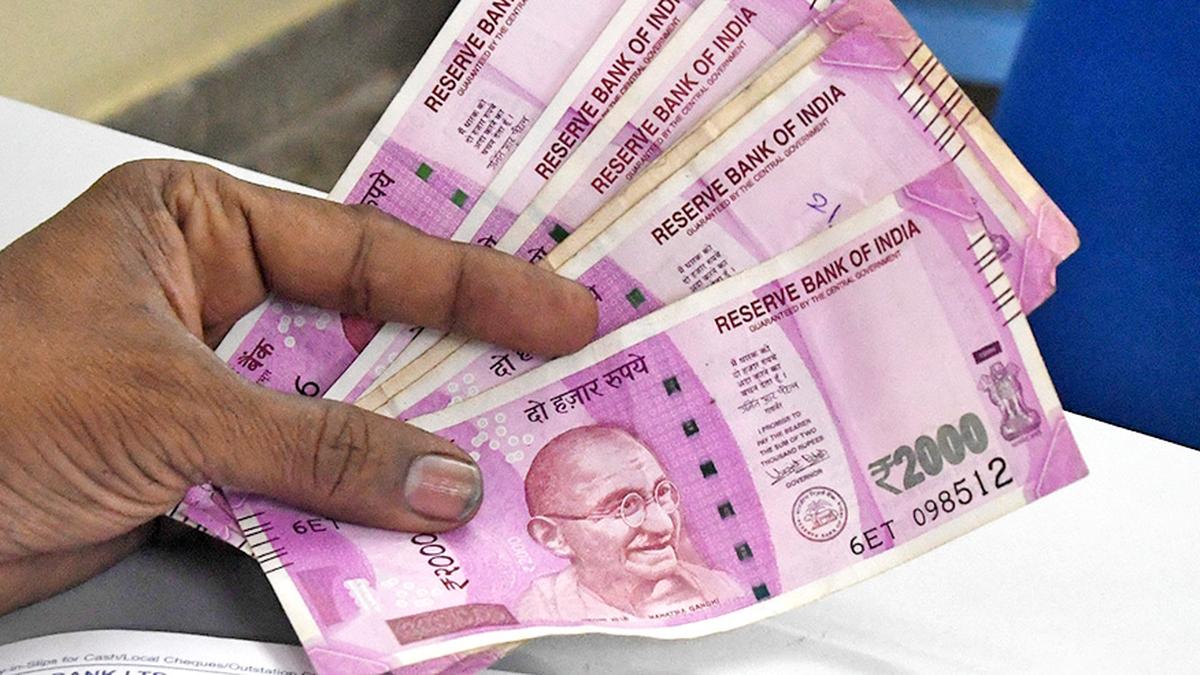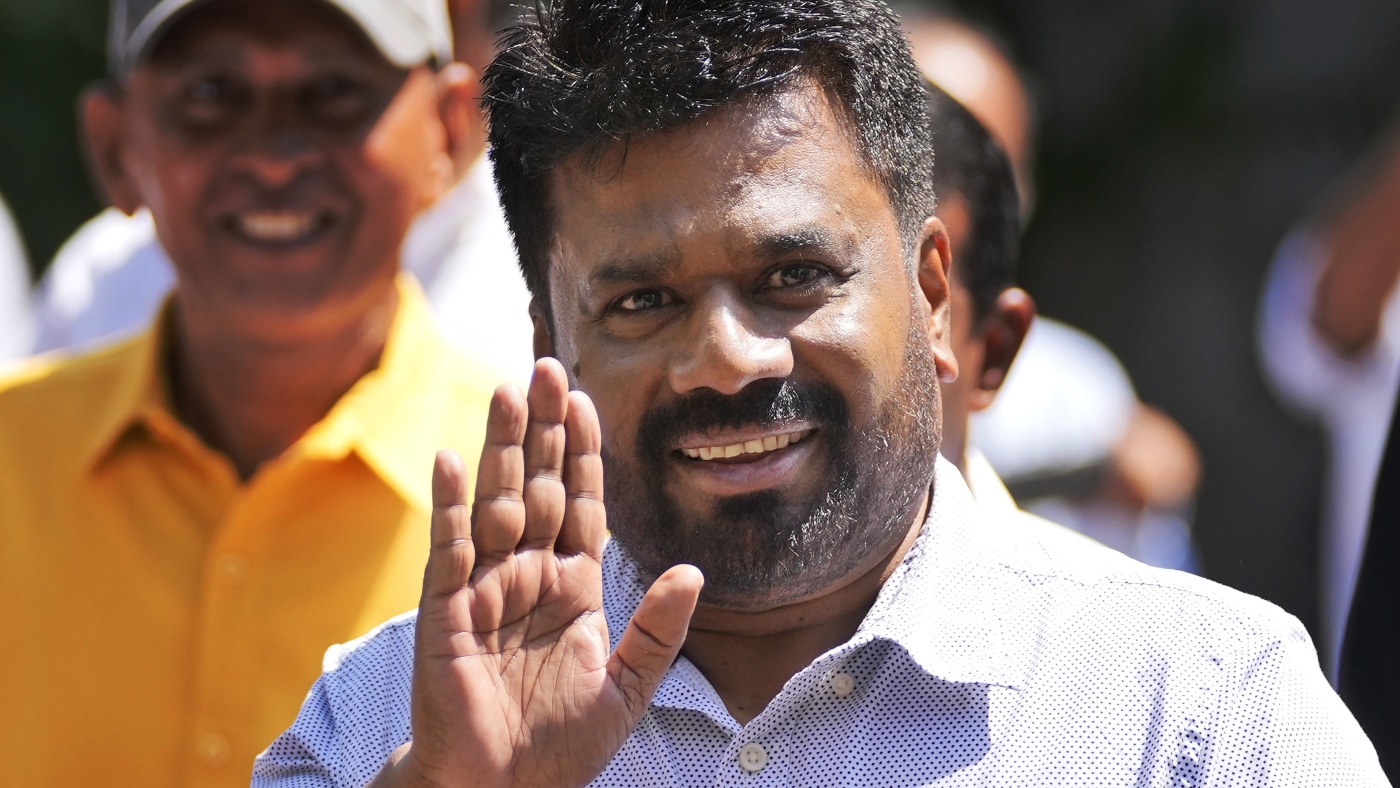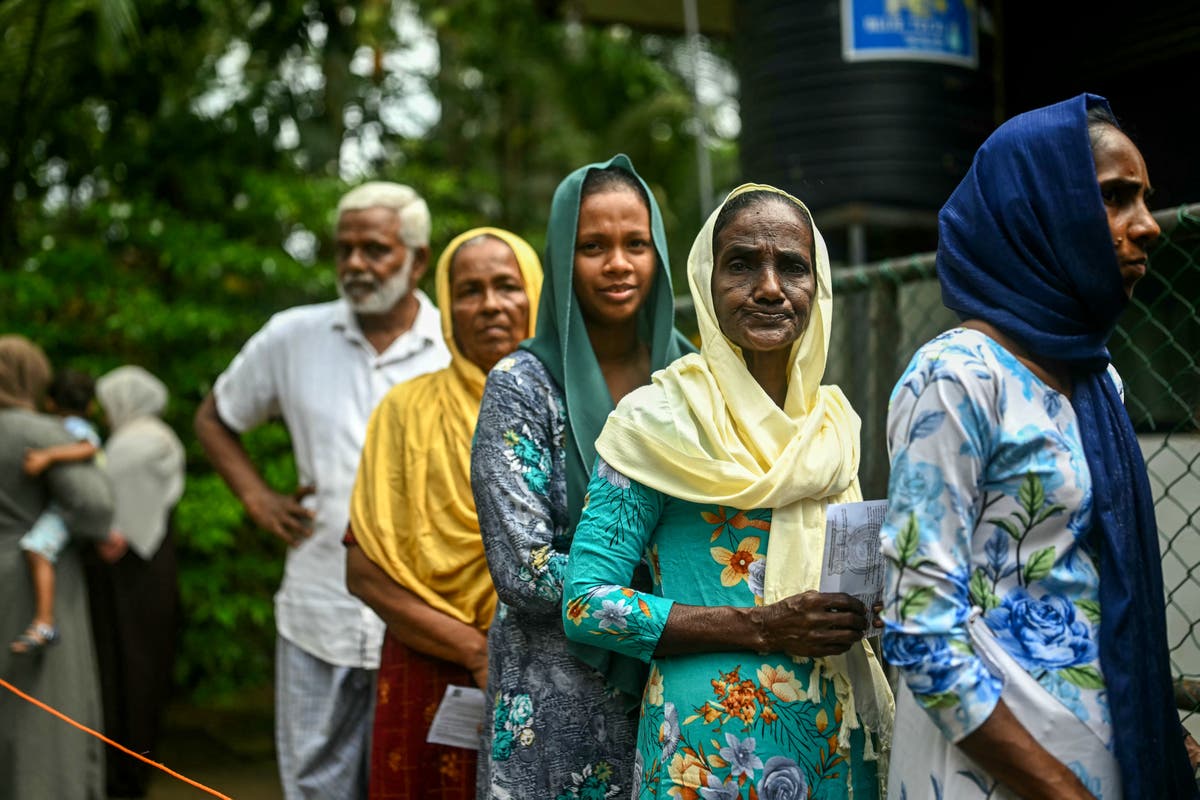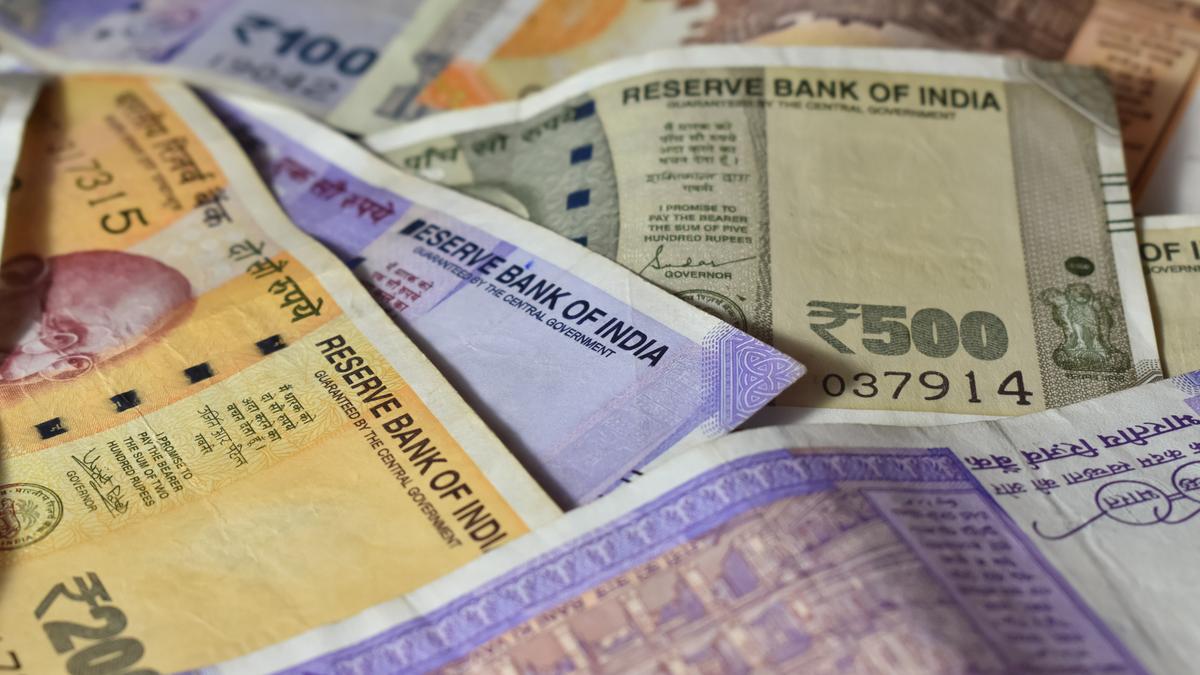Sri Lanka's forex crisis bodes ill for tottering economy
The HinduA t 11.20 a.m. on March 30, as the Chennai -Colombo SriLankan Airlines flight began its descent in Colombo, an announcement over the aircraft’s public address system gave out the usual instructions laced with pleasantries, welcoming all passengers to the Bandaranaike International Airport. Use only banks or authorised foreign exchange dealers appointed by the Central Bank of Sri Lanka to change your currency.” Then came the threat : “If you change your foreign currency with unauthorised agents, you may be involving yourself in criminal activities.” The reason for this warning and threat, in a country with a draconian Prevention of Terrorism Act with wide powers to incarcerate anyone without any reason assigned, was not hard to find. On March 31, he tweeted: “The suspension of the money changing license of the first errant money changer has just been announced by the CBSL.” A CBSL press release issued the same day read out the riot act to money changers: “The Central Bank has intensified its on-site investigations at Authorised Money Changing outlets and will stand ready to suspend/revoke permits of Authorised Money Changers who do not adhere to the Directions issued under the Foreign Exchange Act.” Cabraal does not appear to realise what the problem is. A few days later, the businessman received a call from the bank informing him that his turn for accessing foreign exchange had come and that he would have to pay an additional LKR 10 lakh because the value of the Sri Lankan rupee had dropped. For instance, one government official said that the government’s overdraft with just one bank, the Bank of Ceylon, is “in the range of 500 billion” LKR.
History of this topic

Sri Lanka Woos Indian Travellers with Weak Currency
Deccan Chronicle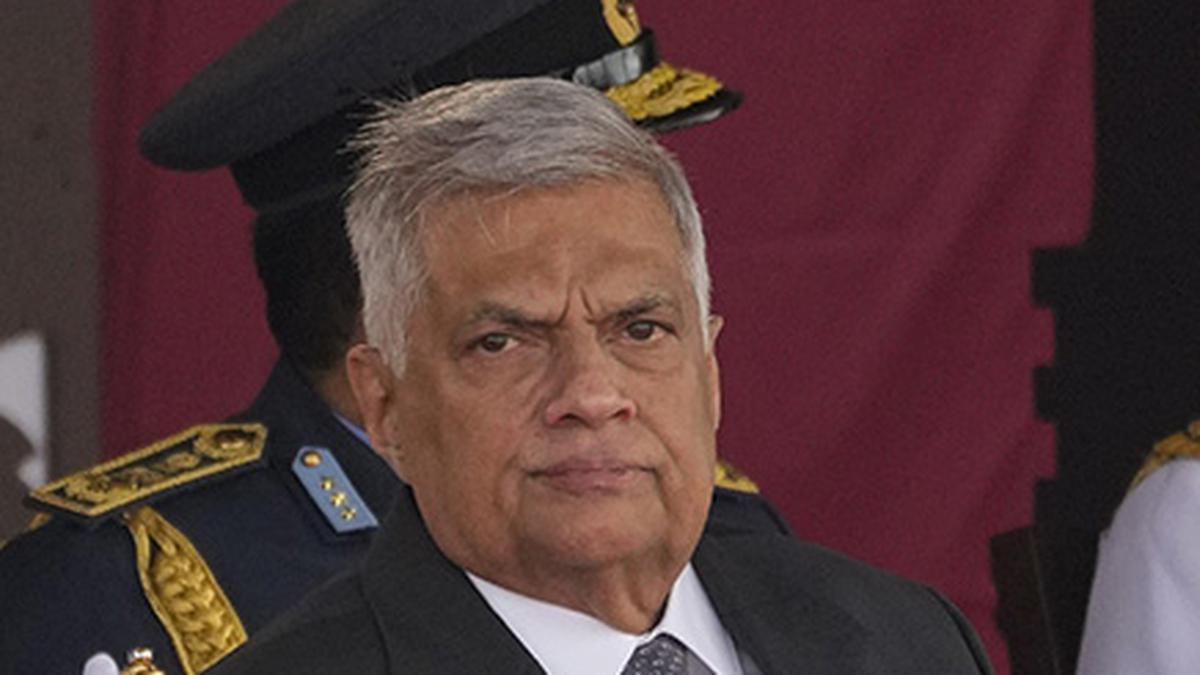
Sri Lanka not averse to using Indian rupee as common currency: President Wickremesinghe
The Hindu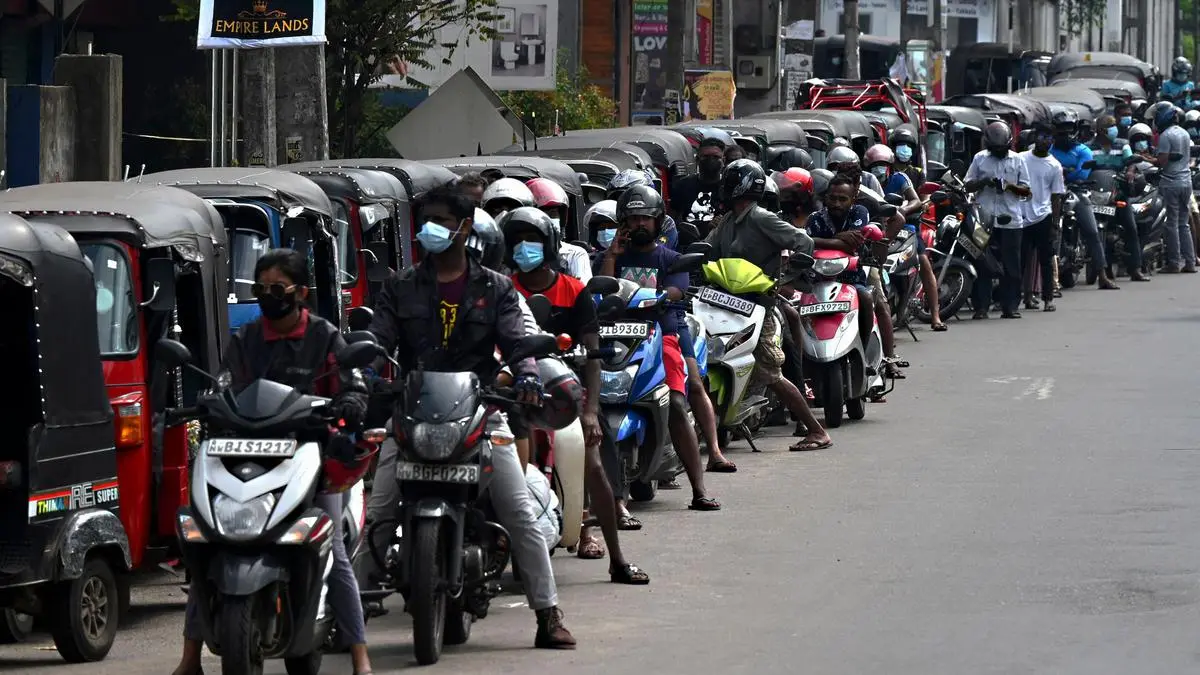
ECONOMIC PERSPECTIVES | Sri Lankan debt crisis to get worse if IMF prescription is heeded
The Hindu
Economic crisis hit Sri Lanka mulling over using Indian Rupee for transactions
India TV News)
Sri Lanka, Russia to use Indian rupee for international trade, more countries in talks
Firstpost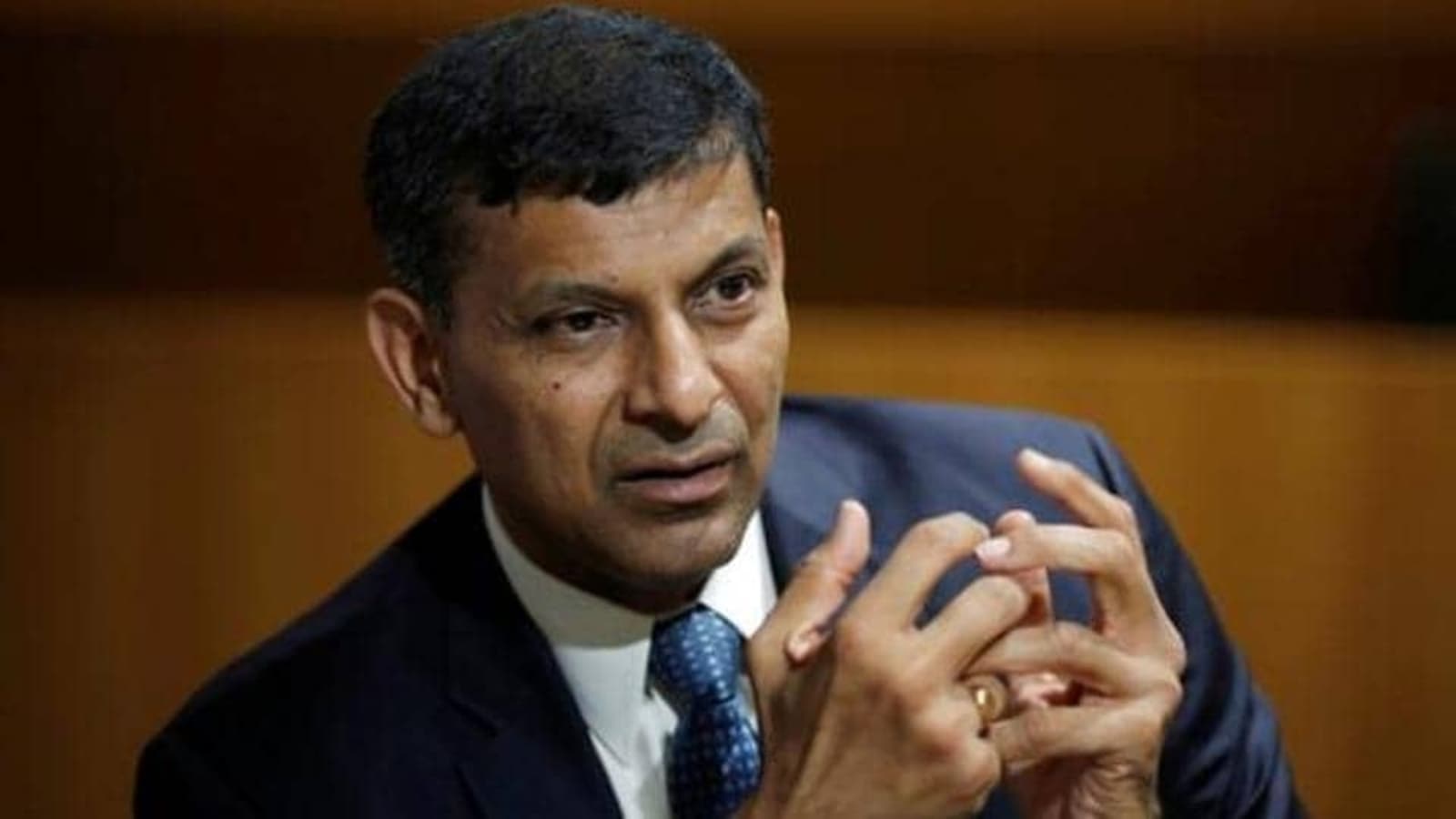
Will India face Sri Lanka, Pakistan-like economic crisis? Raghuram Rajan's reply
Hindustan Times
Cost of living: ‘How to manage?’ laments Sri Lankan market vendor
Al Jazeera
Sri Lanka’s economic crisis threatens its dollar-earning IT firms
Al Jazeera)
Sri Lanka's fuel prices break records: Officials push for work from home as petrol reaches Rs 420 and diesel at Rs 400
Firstpost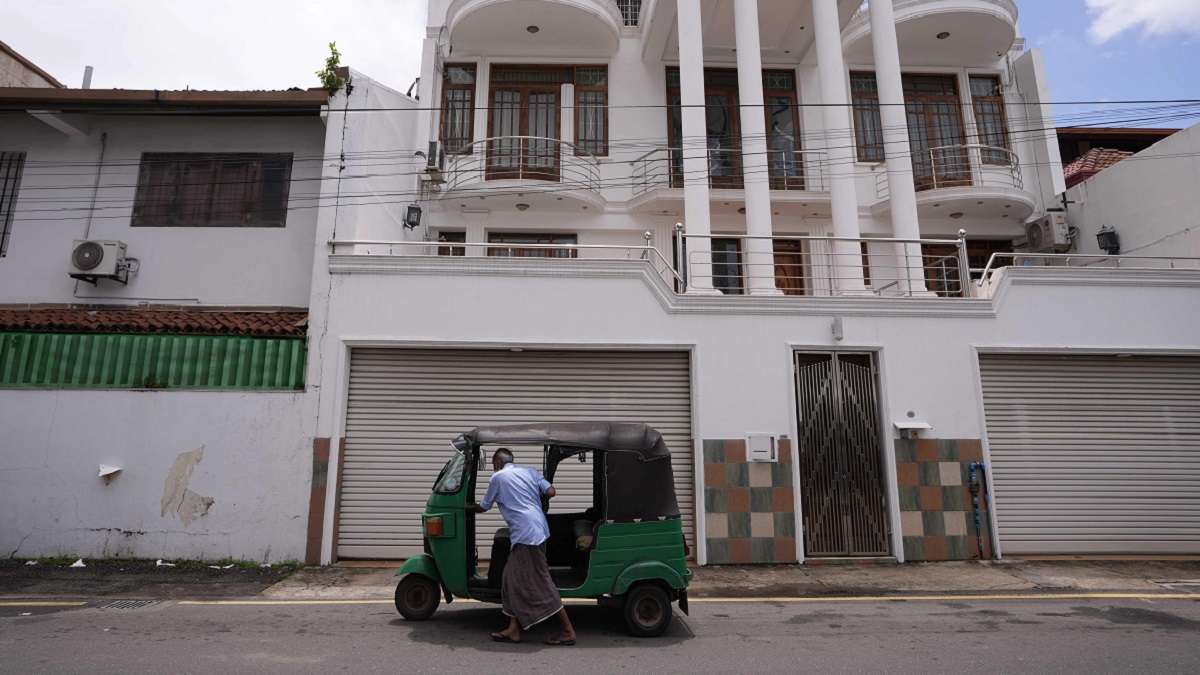
Sri Lanka hikes fuel prices; petrol at all-time high of Rs 420, diesel Rs 400 per litre
India TV News
Cash-strapped Sri Lanka to sell 'golden' visas
India Today
Poverty in Sri Lanka to spike this year, warns World Bank
Deccan Chronicle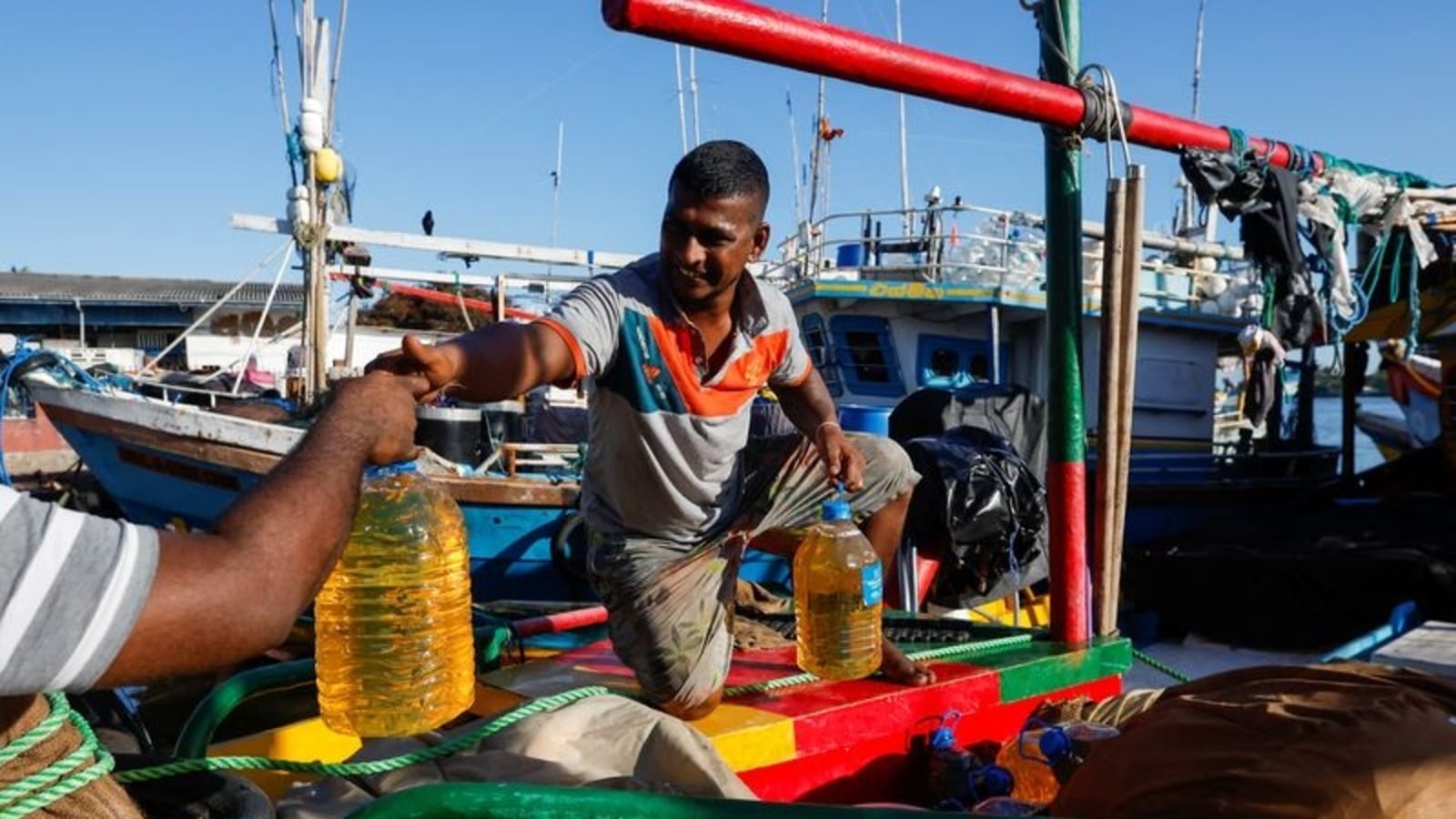
In crisis-hit Sri Lanka petrol prices surge, to cost LKR 338 per litre
Hindustan Times
In crisis-hit Sri Lanka petrol prices surge, to cost LKR 338 per litre
Hindustan Times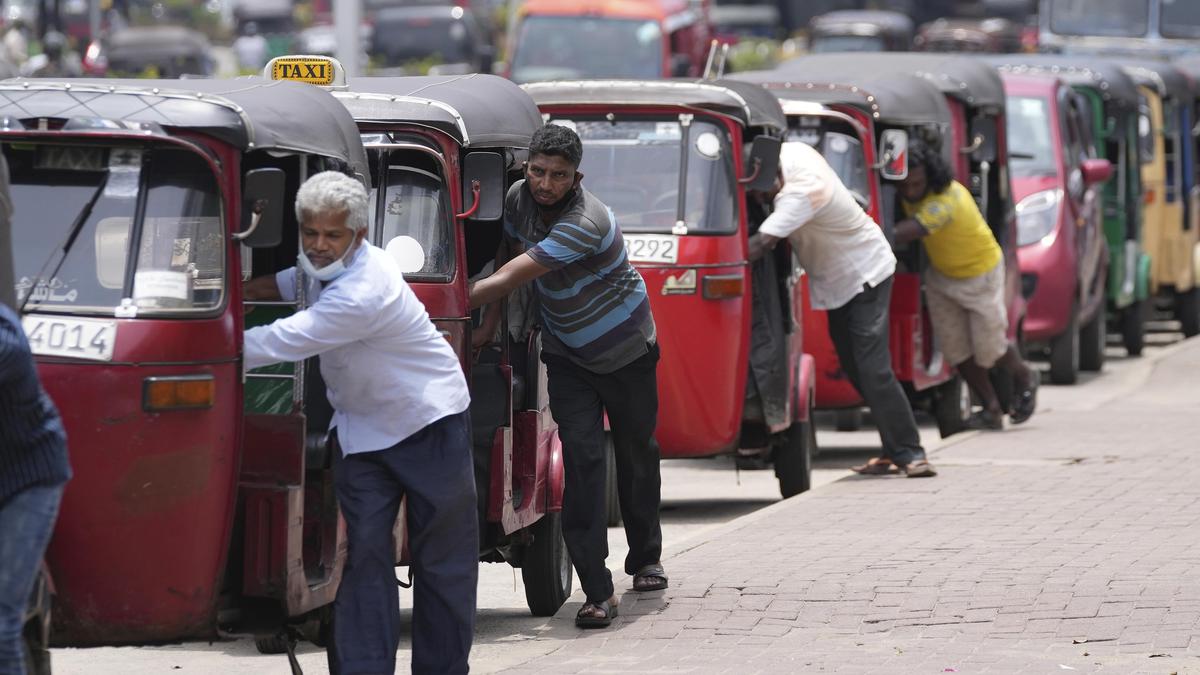
Sri Lanka starts fuel rationing amidst severe economic crisis
The Hindu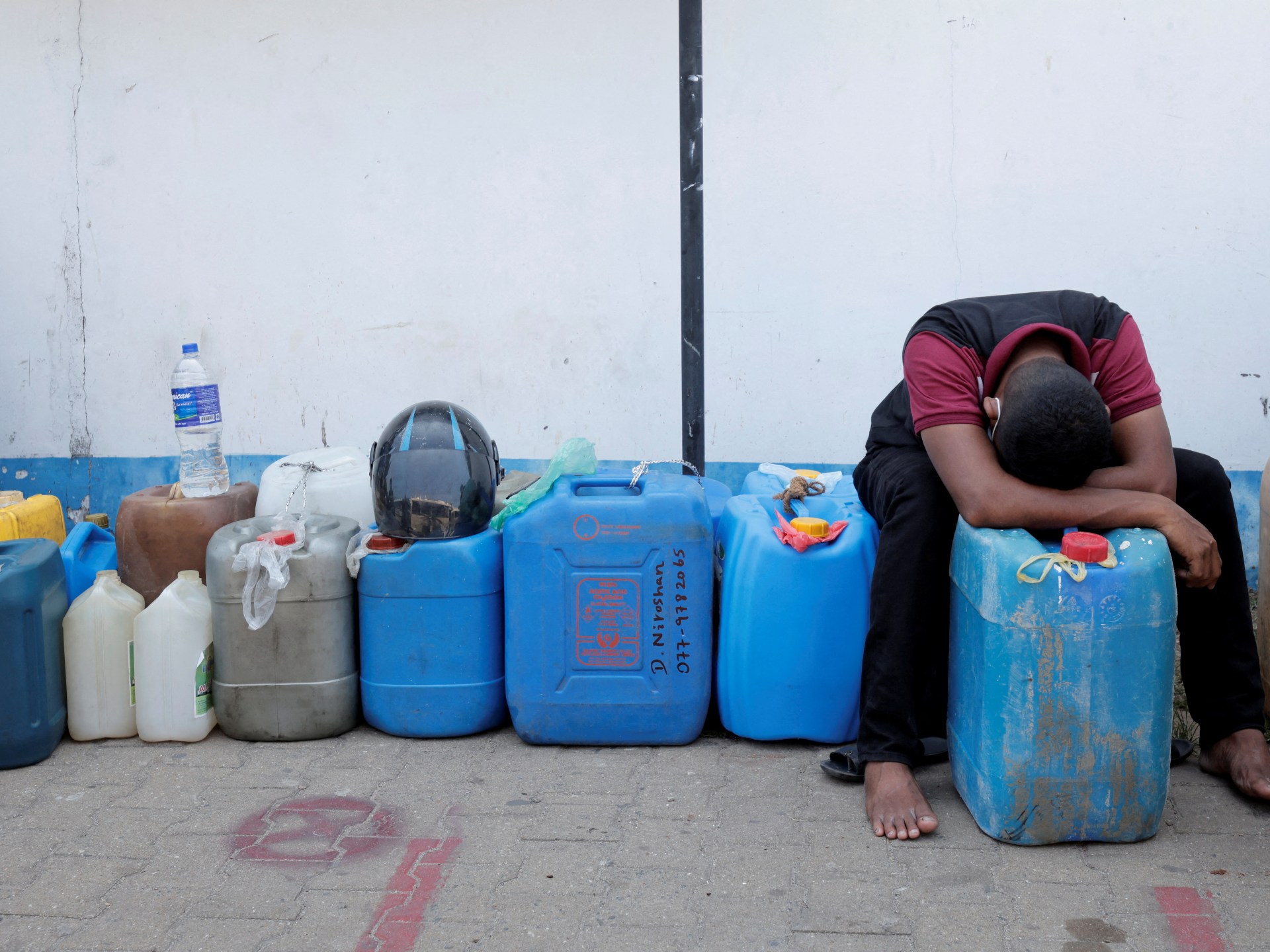
No Sri Lankan, rich or poor, spared as economic crisis worsens
Al JazeeraAs currency plunges, Sri Lanka braces for more shortages this month
The Hindu
Sri Lankan economic crisis explained in five charts
India Today
Sri Lanka fuel prices soar as economy reels
The Hindu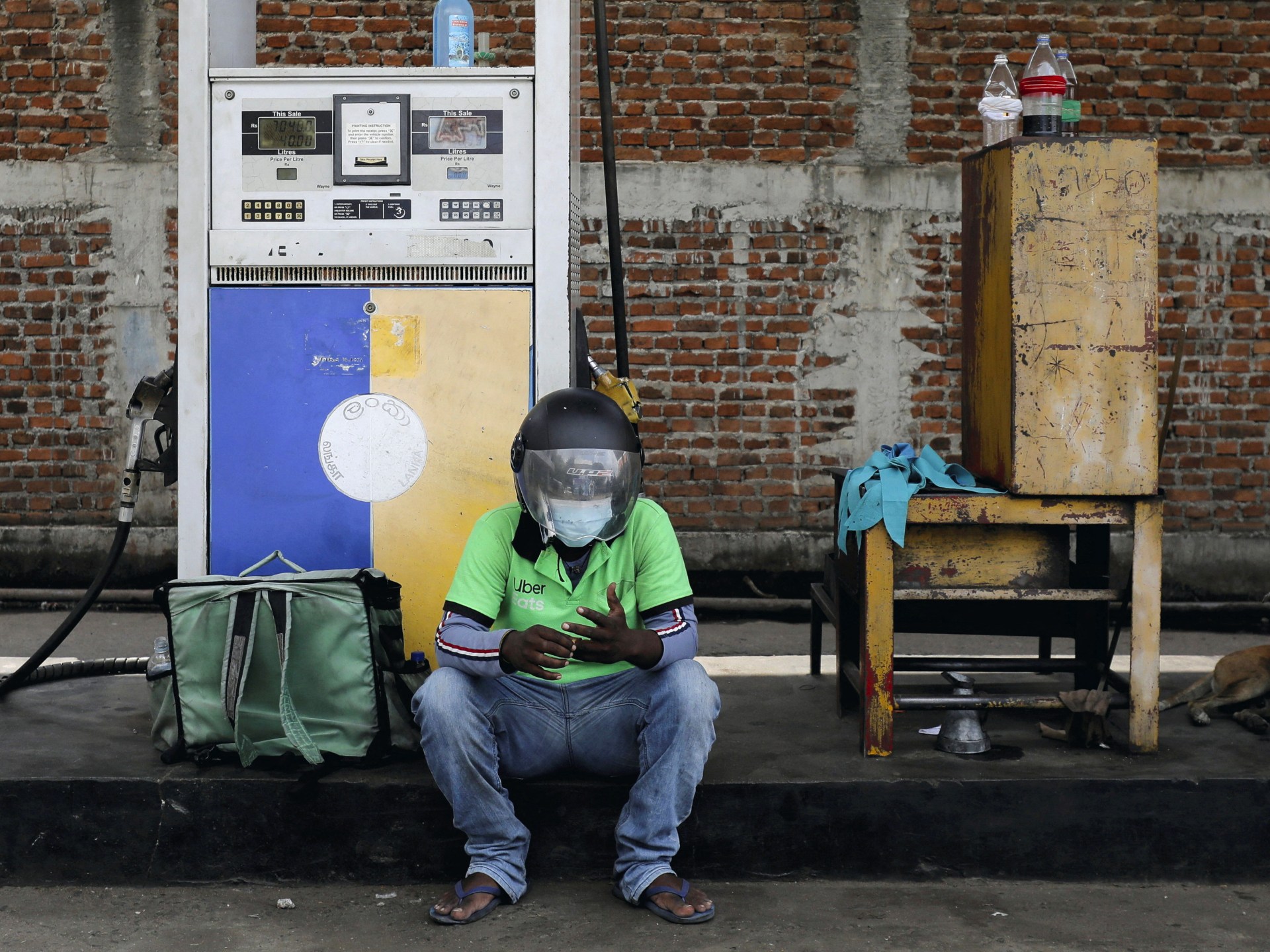
Sharp rise in Sri Lanka fuel prices as economy reels
Al JazeeraSri Lanka’s Finance Minister to visit New Delhi for talks on further assistance
The Hindu
As foreign reserves slip, Sri Lanka to devalue currency
Al Jazeera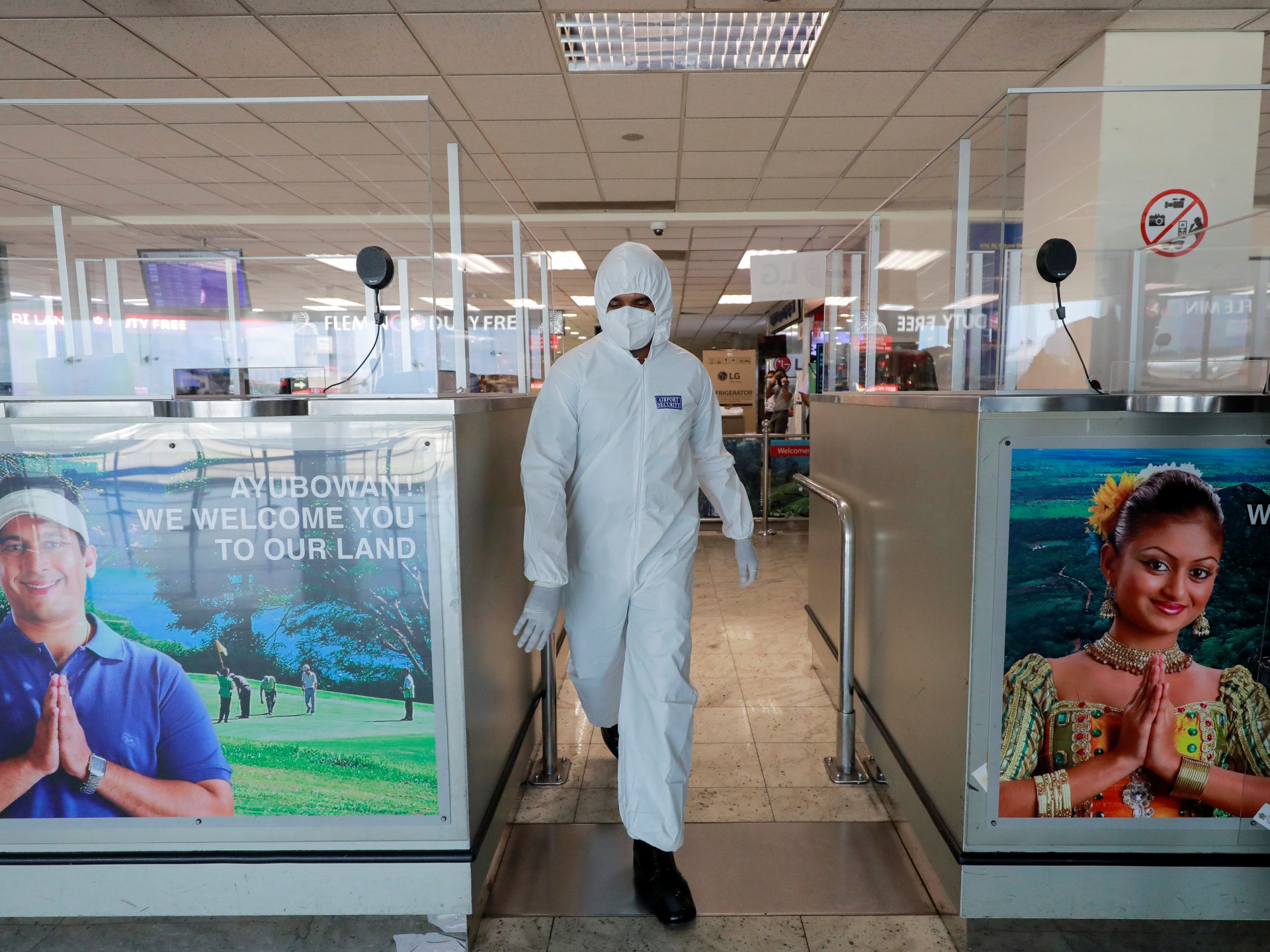
Sri Lanka’s dilemma: Pay off debt or pay for milk, meds and gas
Al Jazeera
RBI signs $400 mn currency swap facility for Sri Lanka
The HinduDiscover Related

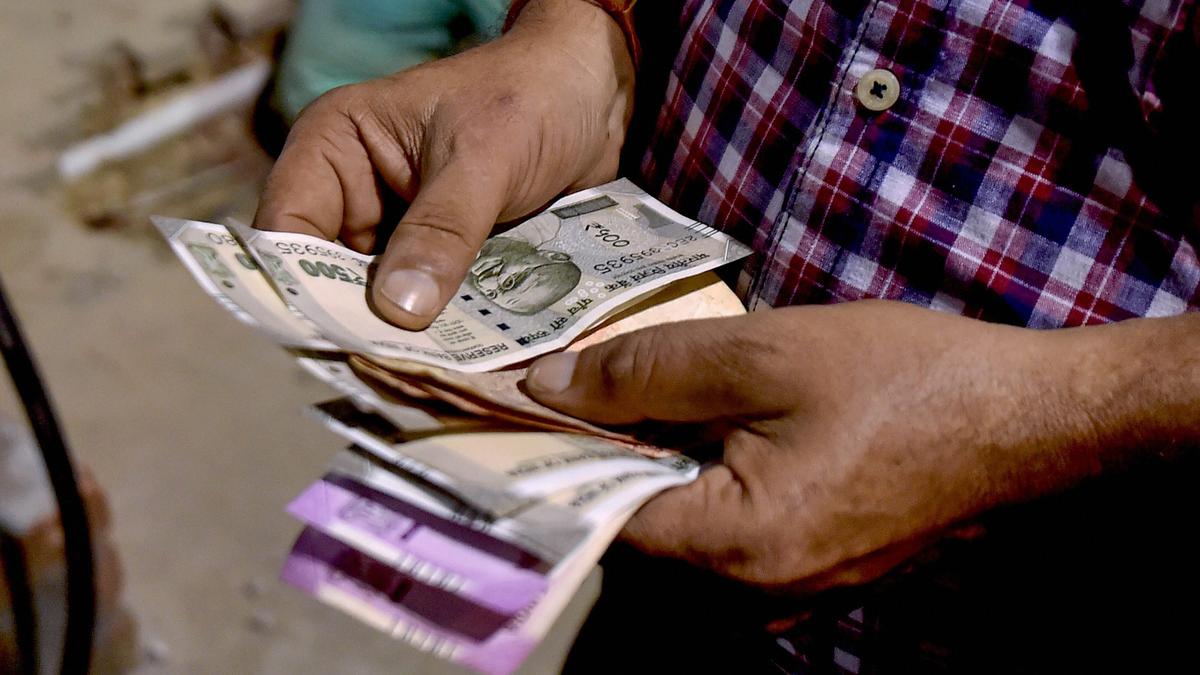
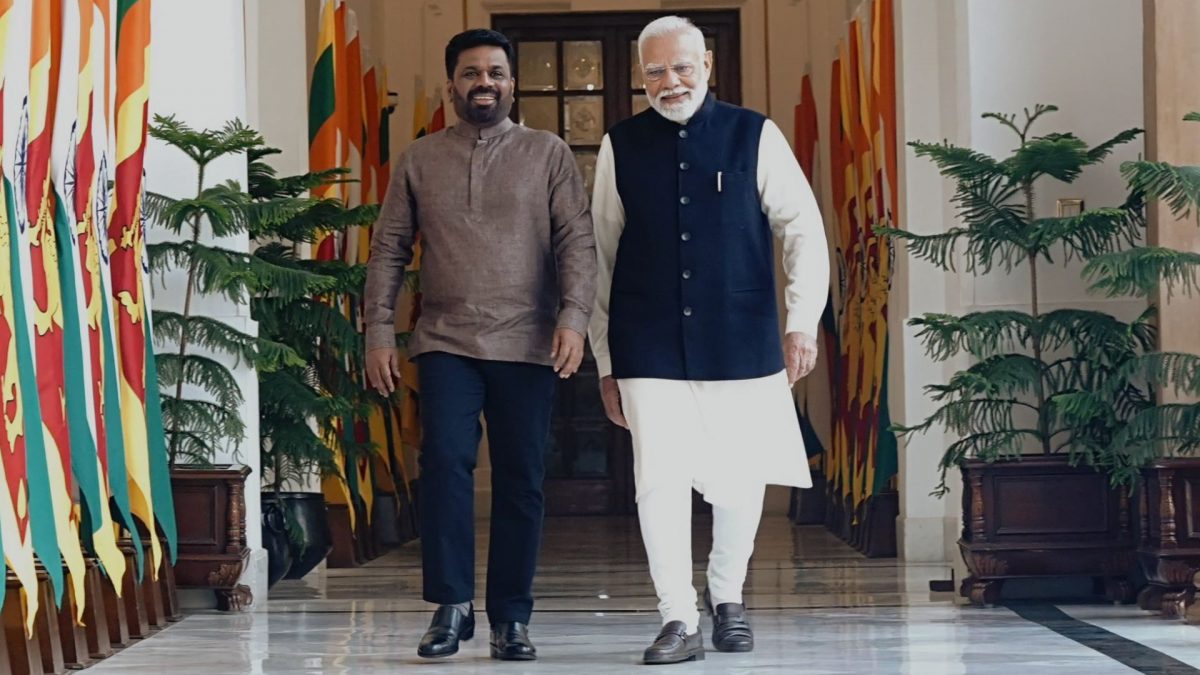)
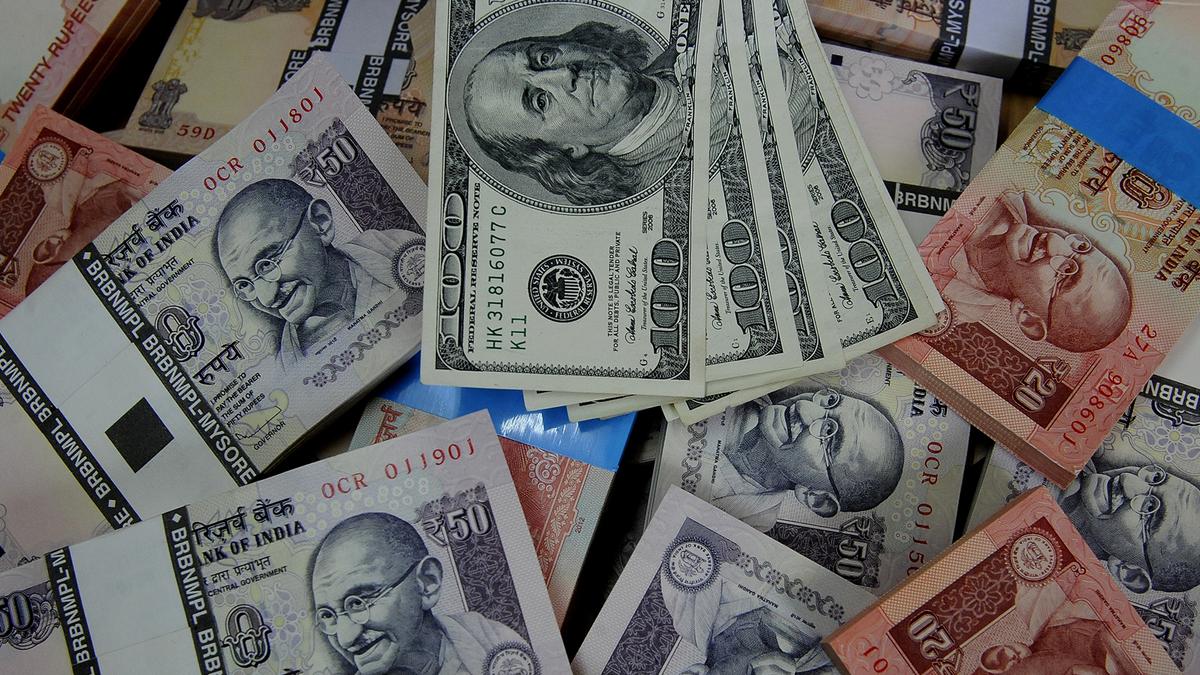



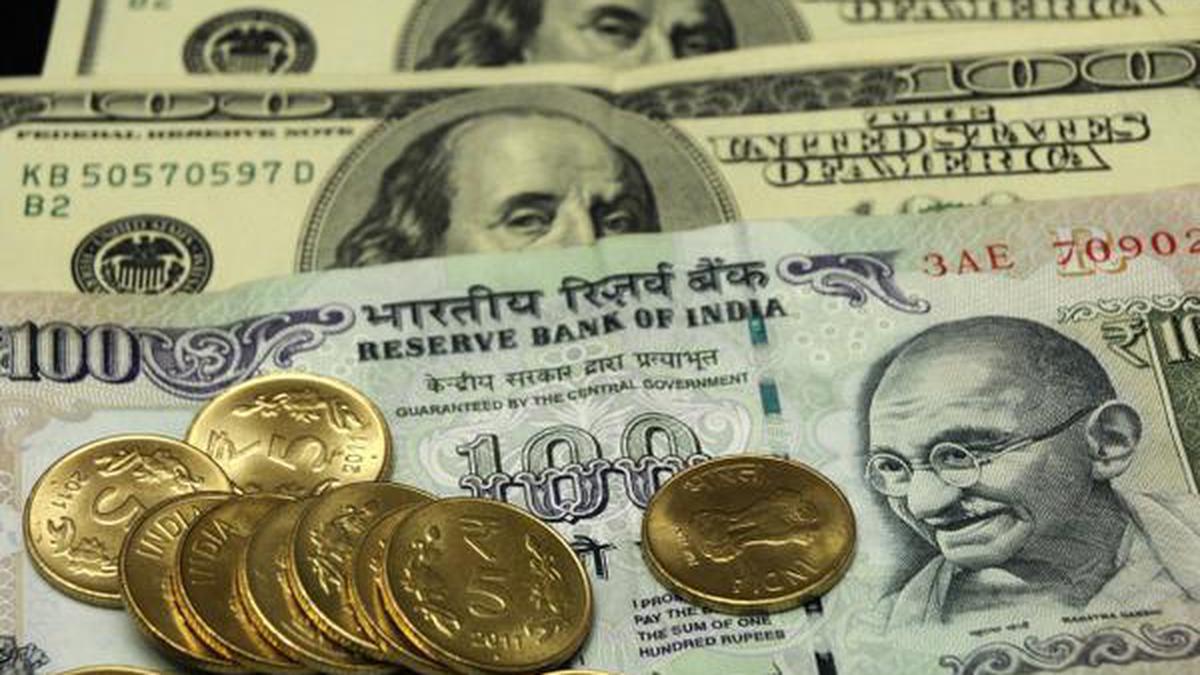
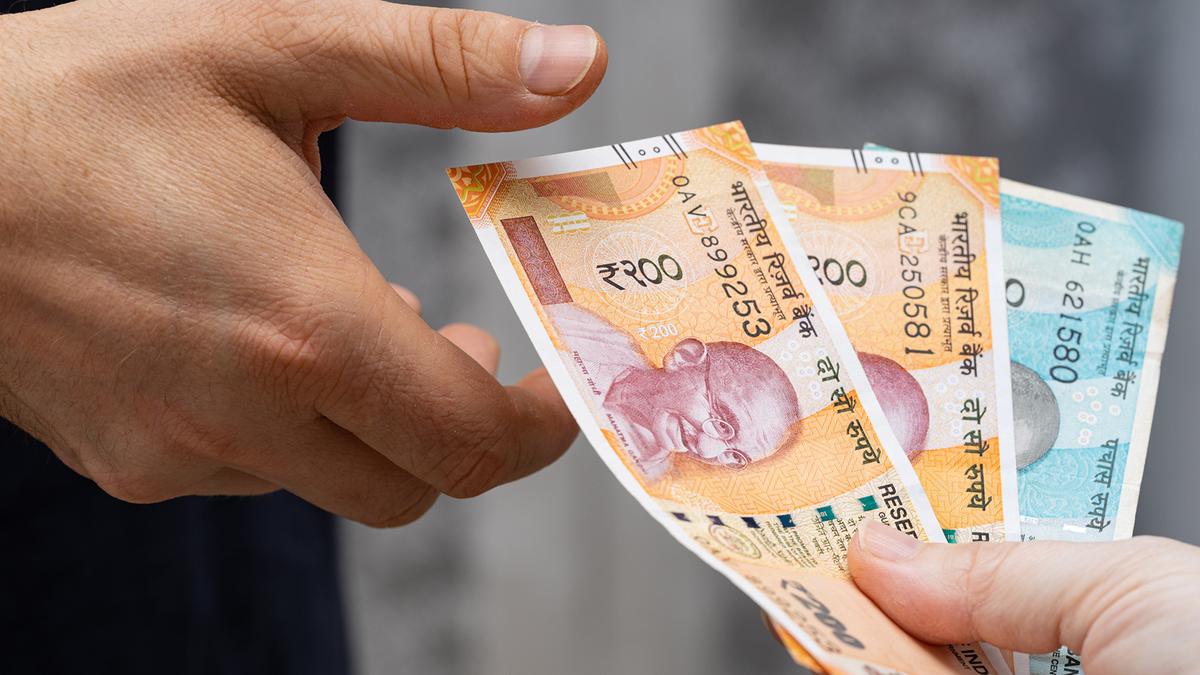


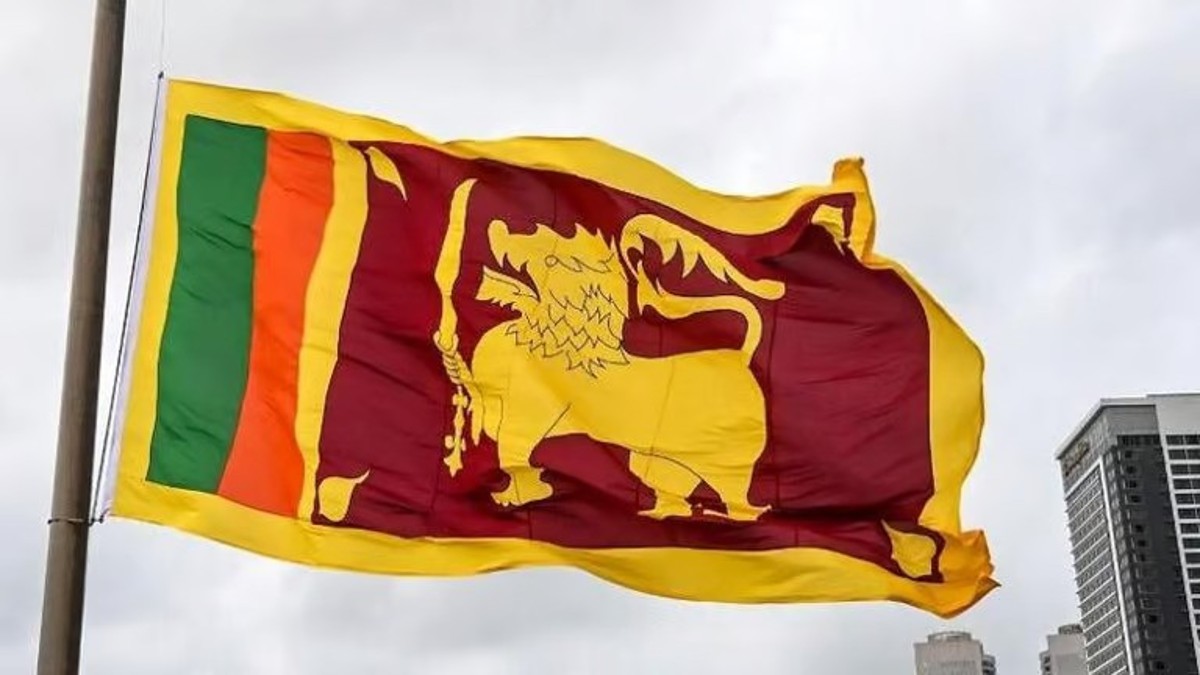)


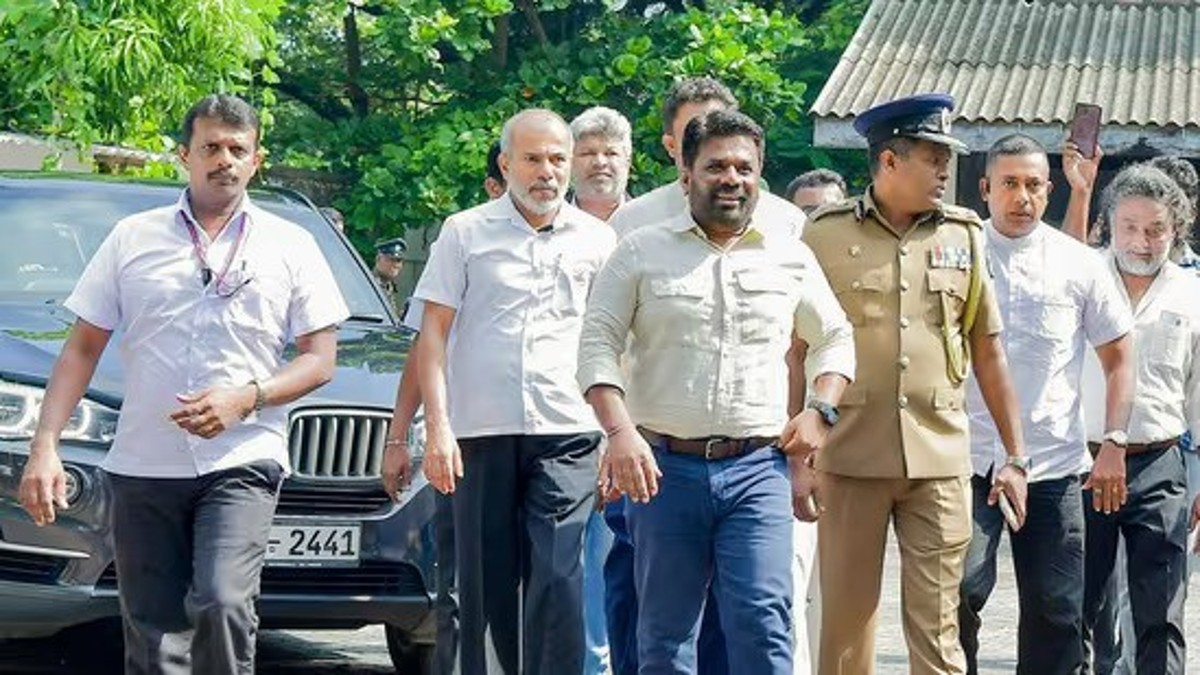)

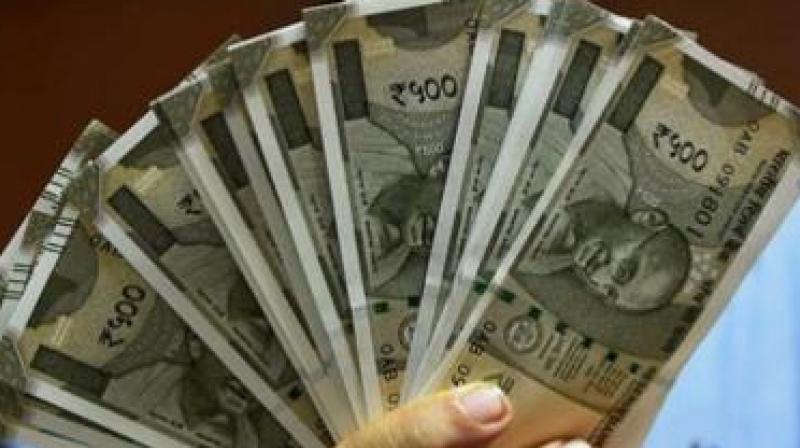

)
